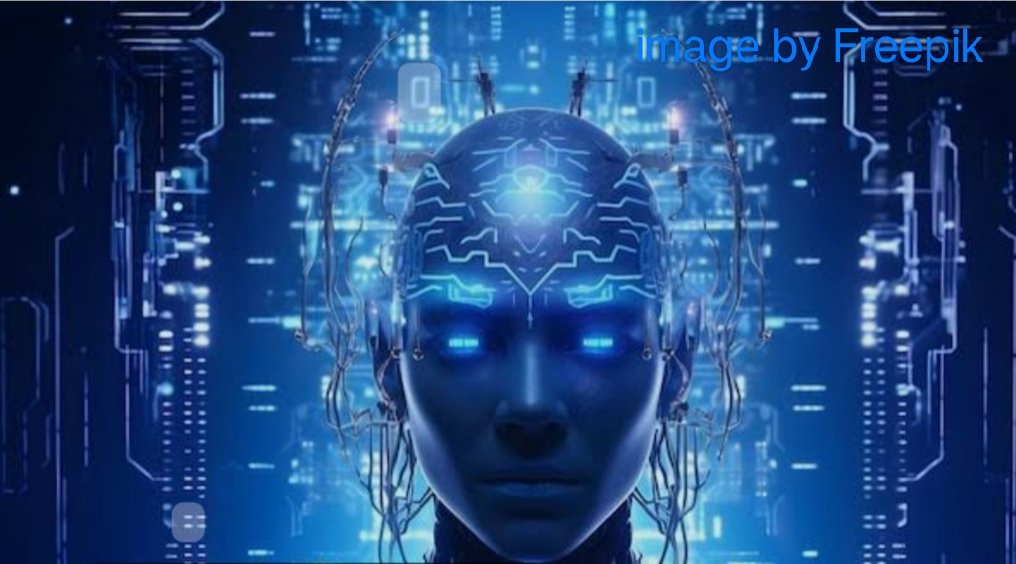As part of the growing initiative by tech companies to develop and enhance their text-to-video artificial intelligence (AI) models, who many argue is the new frontier in AI development, OpenAI had reportedly approached major Hollywood studios about a potential licensing deal for use of their content in its text-to-video generation model ‘Sora’. Taking cue from OpenAI’s approach, it has been reported by Bloomberg that Meta and Google have also met with major Hollywood studios in an attempt to license their content for use by their AI models. Google has gone on record to claim that its text-to-video AI model ‘Veo’ is the company’s most capable video generation AI model till date. Meta is also working on its text-to-video AI model ‘Emu’ since last year and it will be interesting to compare the capabilities of all three models in the near future.
For the uninitiated, simply put, unlike a large language model (LLM) such as OpenAI’s ChatGPT, Google’s Gemini and Meta’s LLaMA which generate text from prompts; text-to-video generators like Sora, Veo and Emu, will have the capability of creating hyper realistic video clips with a few prompts. These models can be considered a gamechanger as it will take AI capabilities in Hollywood to another level and allow filmmakers to create clips based on minimal text description. This news has been greeted by mixed reviews by the studios and creators alike due to concerns over impact on jobs, issues relating to attribution, approval rights of actors and performers, need for industry level regulations among other issues.
Given the scale and pace at which these AI models create realistic scenes, it is only natural that the amount of data required to be scrapped by these models will be exponentially higher than LLM models who have faced its fair share of criticism and scrutiny over concerns regarding unauthorised scrapping of data over the internet. Tech companies have become cognizant from their past experiences and are more likely to seek content licenses for usage by their AI models to avoid any class action suits and avoid unnecessary litigations.
While some studios understand the capabilities of AI to lower costs and have started using it in nearly every part of filmmaking, for instance de-aging actors like Harrison Ford in the latest ‘Indiana Jones’ film and Mark Hamill in ‘The Mandalorian’, other studios as well as actors are hesitant due to instances of misuse of attributes and content. Latest example includes Hollywood actress Scarlett Johansson demanding OpenAI to stop using a voice similar to hers in its chatbot ‘Sky’. Admittedly, OpenAI did approach the actress to voice its chatbot before release, however once the actress refused the offer, OpenAI cast another voice actor, however, in their statement they claim that the chatbot resembling the actress’ voice was never intended, but they agreed to put a pause on usage of the chatbot in their products out of respect for her. This is one of the many instances, where personality rights and attributes approval has been a key issue in the AI industry. The SAG-AFTRA strikes also voiced strong concerns over misuse of likeness of actors and performers and the outcome reached was that producers/studios and filmmakers were required to seek approval of actors and performers before scanning and reusing their performances using AI.
Studios are choosing to err on the side of caution about providing their audio-visual content to these tech companies since they cannot anticipate how their content is going to be used. Naturally, studios are trying to take a balancing approach in these deals since although there are obvious concerns about misuse of their content, the potential financial gains from licensing content to these companies is huge. Studios like Warner Bros. has expressed its interest in these licensing deals, whereas others like Walt Disney and Netflix have expressed interest in other avenues of prospective collaboration. At the end of the day, it is up to the studios to formulate the guardrails concerning usage of their content by these tech companies and their AI models, after considering various factors like approval rights of actors/performers over their likeness and voices, misuse of content, impact on jobs, and overall control over their intellectual property. At this juncture, all we can do is wait with bated breath to see how the studios and tech companies try to strike a deal by leveraging their respective strengths and whether the same will be commercially viable and ethically acceptable to all the parties involved.
Author: Amartya Mody & Shaanal Shah

